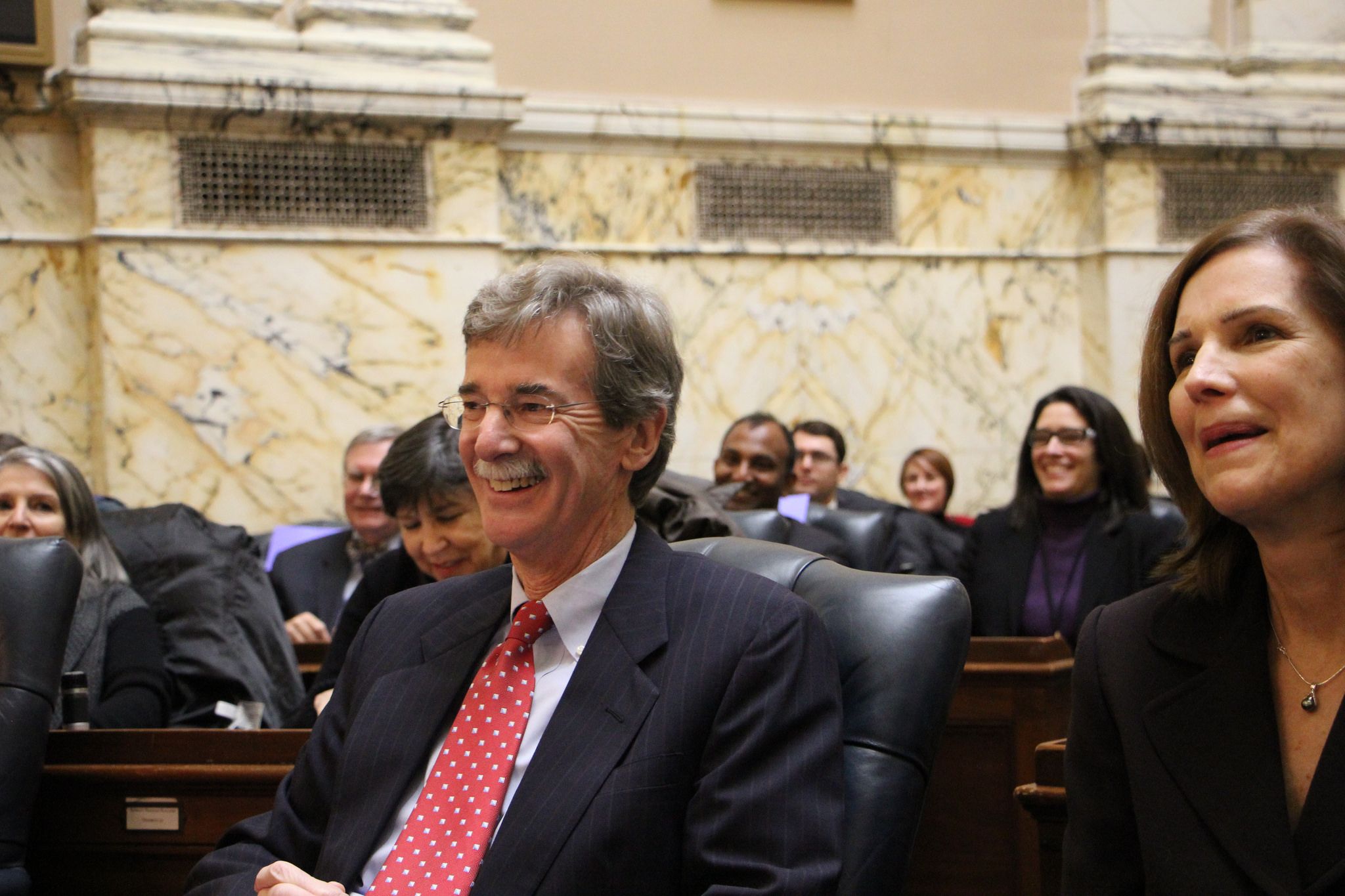Views expressed in opinion columns are the author’s own.
Gerrymandering is in the news again after Maryland’s attorney general announced he would appeal to the Supreme Court a ruling that ordered the state to redraw its 6th congressional district on the grounds that it unconstitutionally disadvantages Republican voters.
Discussions of gerrymandering on both sides tend to presume that it is morally wrong, invoking nebulous concepts like “fairness” or appealing to clichéd variations of “do unto others.” Given this, it’s worth taking a more rigorous look at the ethics of prejudicially manipulating the democratic process, and comparing them with the rhetoric.
Suppose there exists a country called Gerryland with two political parties: the Good party and the Bad party. Upon serious reflection, reasonable citizens of Gerryland can agree that the Good party pursues policies that are, on balance, morally good, while the Bad party does the opposite. Despite this, the Bad party has managed to convince a sizable portion of the electorate to support it, through a combination of deception, fear-mongering and appeals to genuinely evil citizens. The Good party finds itself in control of the body that draws electoral districts and is in a position to draw those districts in such a way that the impact of the Bad vote is minimized and the effect of the Good vote is maximized. Should they do so?
There are two primary schools of moral thought that offer differing answers. The first is “consequentialism,” which holds that the morality of an action is determined by the sum of the consequences of that action (i.e. that the ends can justify the means).
From the consequentialist view, gerrymandering is potentially acceptable, but only when done by the Good party. There are costs, of course — erosion of faith in democracy, suppression of the free speech of Bad voters — but if Bad policies are sufficiently evil, those costs are outweighed by the benefits of electing more Good leaders.
The competing school of thought is “deontology,” which holds that the morality of an action is determined by whether the action adheres to some set of moral rules, regardless of the consequences. One popular brand of deontology holds that we are always obligated to treat people as ends-in-themselves and never merely as means.
We treat people merely as means, for instance, when we neglect or deny their autonomy or their ability to make decisions freely. Gerrymandering denies the autonomy of suppressed voters by tampering with the weight of their decisions, so on the deontological account, it is never acceptable, even when done for morally good reasons.
So there you have it — if you’re a consequentialist, you might think gerrymandering is sometimes ethical, and if you’re a deontologist, you probably think it’s not. This isn’t particularly surprising; consequentialists and deontologists disagree on all sorts of things, without apparent resolutions. What is interesting is how these possible positions square up with the way Democrats and Republicans tend to feel about other issues.
Recall that two of the primary issues with gerrymandering are that it erodes faith in the democratic process and suppresses free speech. These are issues that liberal Democrats tend to be consequentialists about, in that they think the ends sometimes justify the means when eroding public faith in democracy (as with calls for no-holds-barred “resistance” to everything the Trump administration attempts to do) and when suppressing free speech (as with calls for increased censorship of “hate speech”).
Given this, you might expect Democrats to support gerrymandering, at least when done by Democrats. But the reality is exactly the opposite: 80 percent of Democrats would like the Supreme Court to end partisan gerrymandering, as opposed to 65 percent of Republicans.
Similarly, Republicans tend to espouse the value of free speech as an inalienable right and to balk at government interference with personal autonomy. So while you would think Republicans would be deontologically opposed to gerrymandering by either party, an AP analysis found Republicans have benefited significantly more from gerrymandering than Democrats.
Of course, this creates consequentialist grounds for Democrats to favor a national ban on gerrymandering: It results in worse outcomes for them on balance. Still, most of the discourse from Democrats I see surrounding gerrymandering has a distinctly deontological flavor, focusing on concepts such as fairness and free speech that I mentioned earlier.
This is unsurprising, in that no one wants to admit that their motivations are explicitly partisan. But for the sake of intellectual honesty, Democrats should either be frank about why they want to end gerrymandering, or find a way to square their deontological intuitions with their consequentialist ones.
Joey Marcellino is a senior jazz saxophone, physics and philosophy major. He can be reached at fmarcel1@terpmail.umd.edu.



